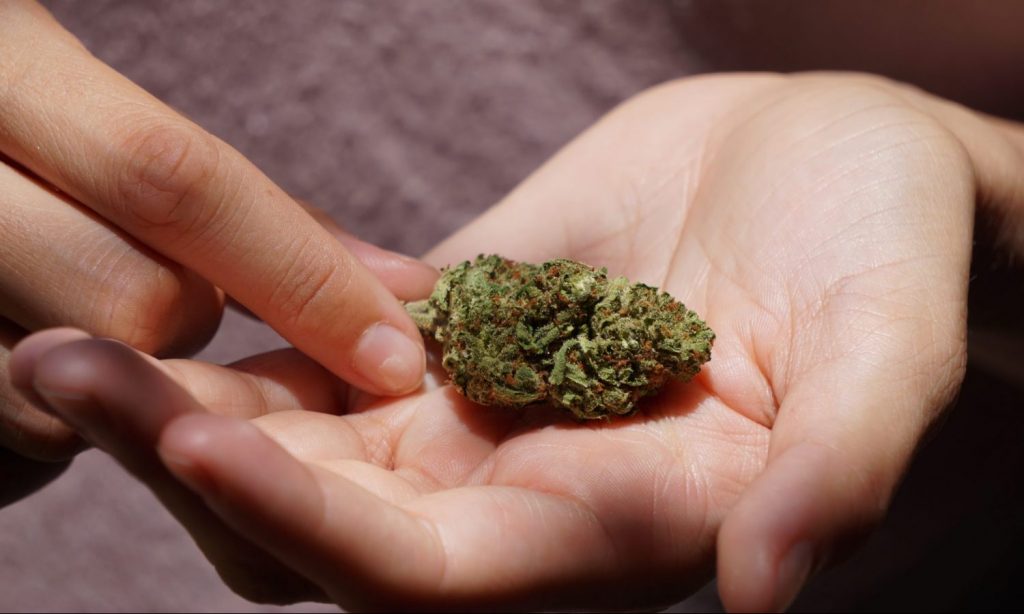A study out of Denmark makes a strong case for cannabis use increasing the risk for developing schizophrenia, but the diagnosis itself is complex, and often overlaps with other conditions.
For thousands of years, societies across the world have used cannabis for medicinal, spiritual and social purposes. It continues to be the most used recreational drug worldwide, with the 2019 World Drug Report estimating that nearly 200 million people across the world consume it.
But cannabis is not one-size-fits-all, and government restrictions on scientific research means that many of its effects, both positive and negative, remain unknown. A new study from Denmark published in JAMA Psychiatry may shed light on the down side of cannabis use, particularly when it comes to adults diagnosed with schizophrenia, a chronic mental illness “characterized by distortions in thinking, perception, emotions, language, sense of self and behaviour.”

One of the study’s authors Carsten Hjorthøj, an associate professor at the Copenhagen Research Center for Mental Health, told CNN that “there is, unfortunately, evidence to suggest that cannabis is increasingly seen as a somewhat harmless substance. This is unfortunate, since we see links with schizophrenia, poorer cognitive function, substance use disorders, etc.”
RELATED: If Cannabis Is More Potent, Why Aren’t Cases Of Schizophrenia Rising?
Schizophrenia affects about 20 million people globally. And according to this new study, schizophrenia diagnoses in Denmark found to be related to cannabis use disorders rose from 2% to 8% between 1995-2010. Cannabis use disorder has many symptoms, one of which is “continuing to use cannabis despite physical or psychological problems.”
“Of course, our findings will have to be replicated elsewhere before firm conclusions can be drawn,” Hjorthøj said.

Previous research has suggested that intense and prolonged cannabis use can alter brain function, but not enough evidence exists to draw definite conclusions. The study in Denmark makes a strong case for cannabis use increasing the risk for developing schizophrenia, but the diagnosis itself is complex, and often overlaps with other conditions.
RELATED: Study Links Daily Marijuana Use To Risk Of Psychosis
It should be noted that the study only examined those with diagnosed cannabis use disorders, not casual or infrequent users. A vast majority of users continue to consume cannabis without adverse mental health effects.
“It is known that people who seek treatment tend to have multiple mental health problems, not solely cannabis problems,” Terrie Moffitt, a professor and chair in Social Behaviour & Development of the Institute of Psychiatry, Psychology, and Neuroscience at King’s College London, said. “And there are far more recreational cannabis users who manage cannabis well than cannabis-dependent users who cannot manage it.”


